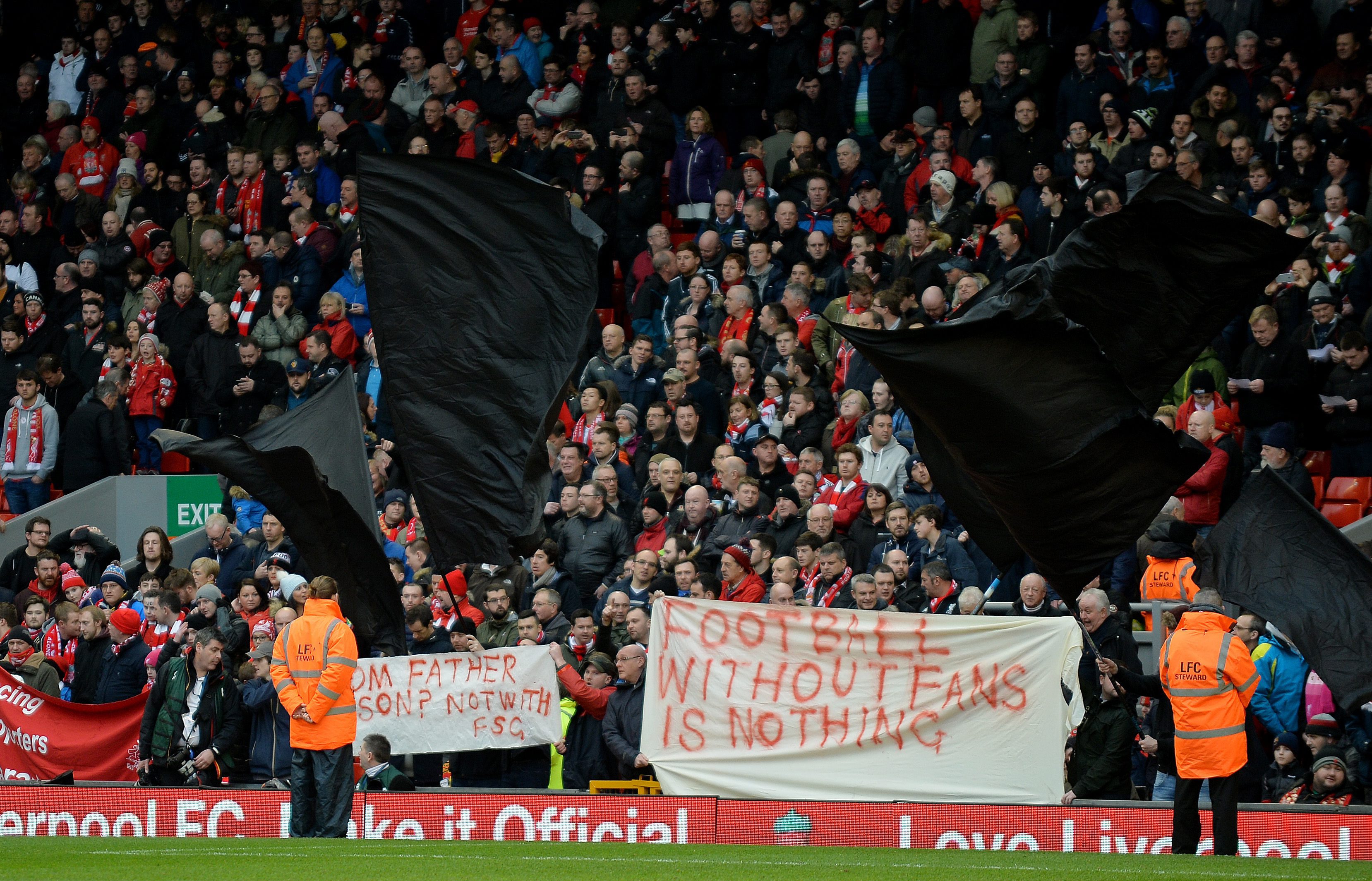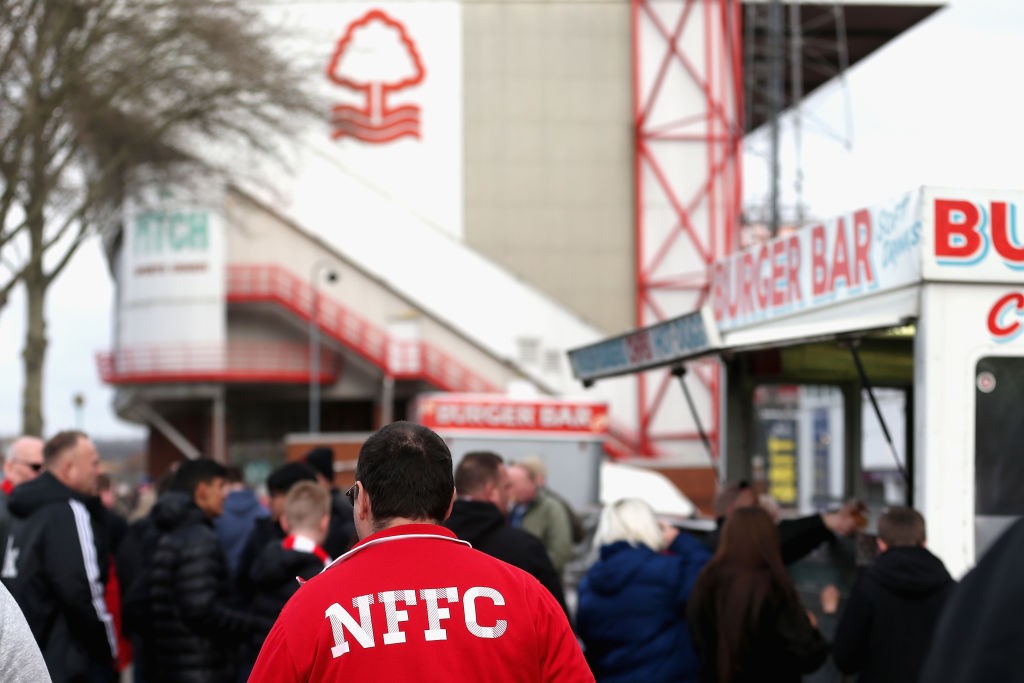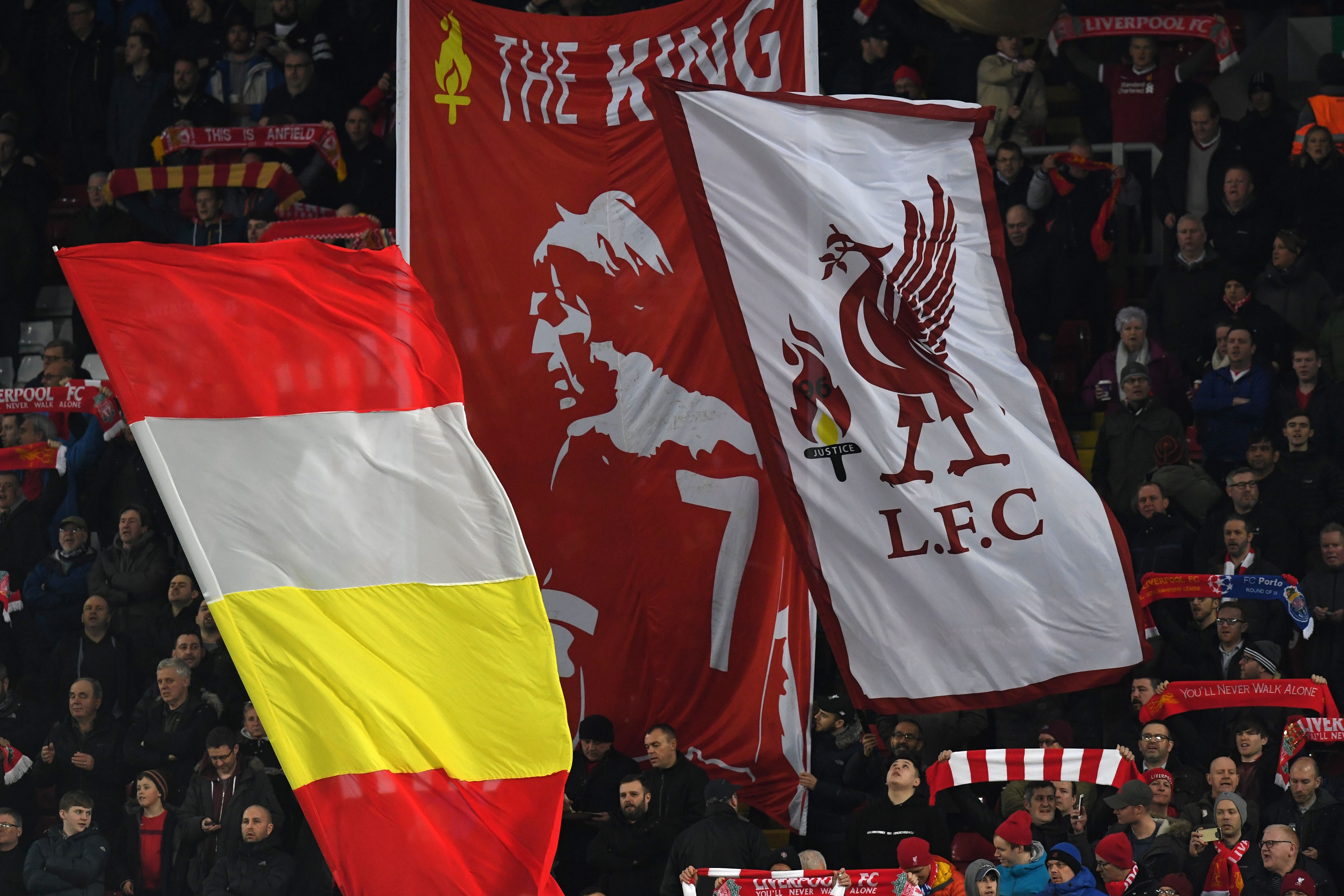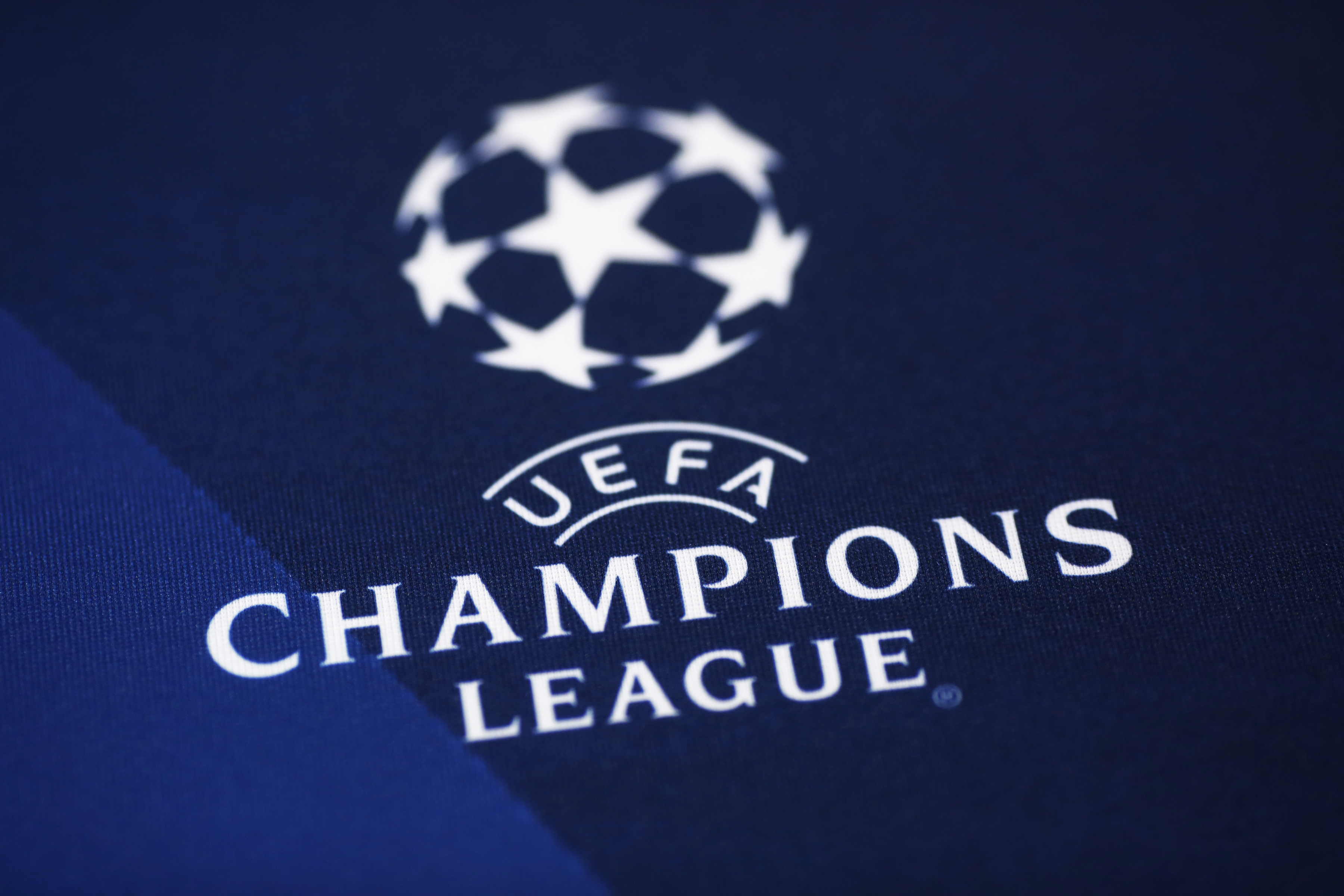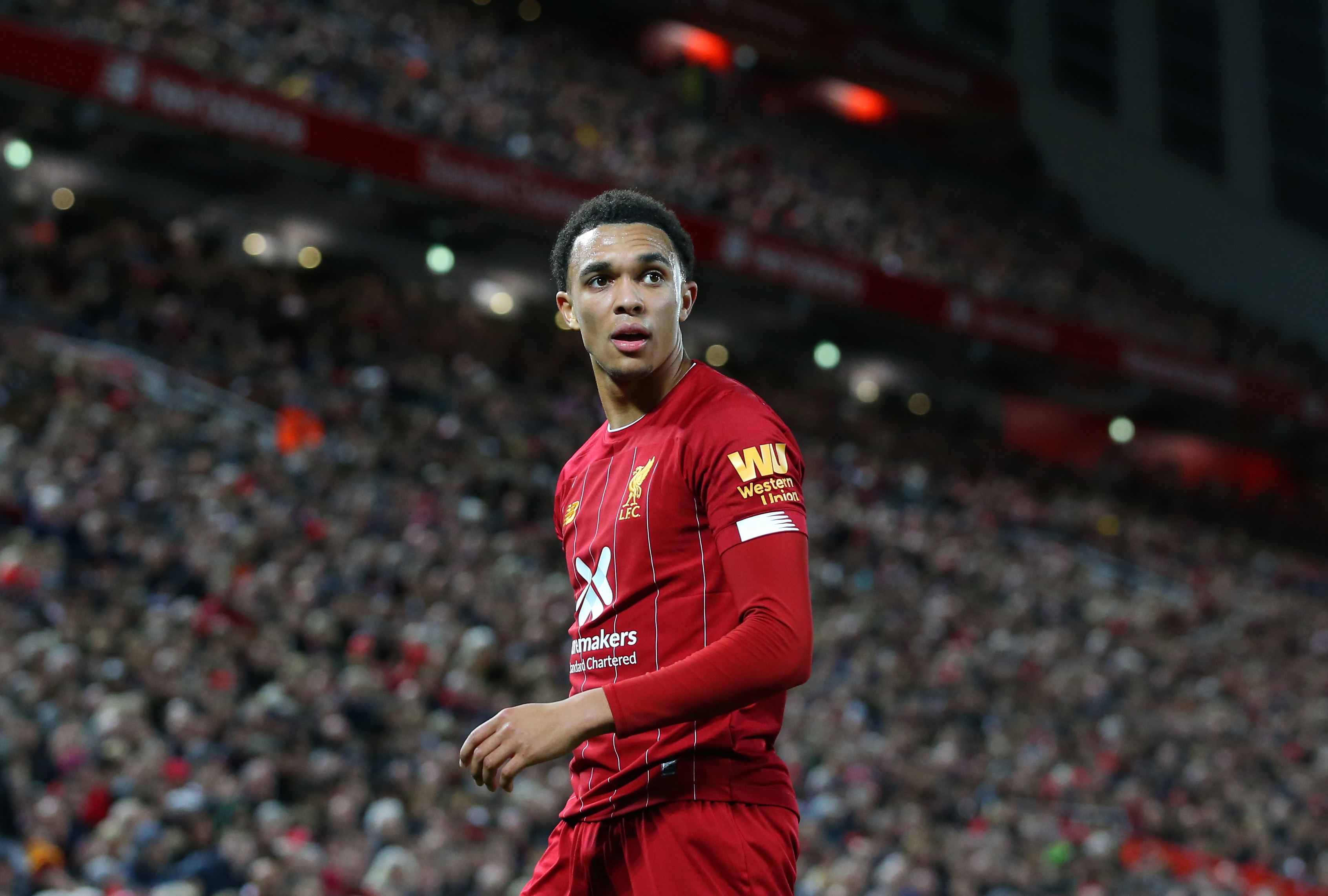With the ticket price-rise debate engulfing all those associated with football in England, prominent newspaper ‘The Economist‘ published a blog justifying the move by Liverpool FC owners to increase the prices at Anfield.
The article defends the move by Liverpool FC management to increase the ticket-prices using three main arguments:
1 – Liverpool need financial growth to become a super-power again.
Arguing that the clubs in the Premier League now function as multinational corporations, the blog points to the ticket prices at other top English clubs as the reason for the move enforced by the Liverpool FC management, claiming their hand is forced in order to reclaim Liverpool’s glory days.
It states:
THE biggest English football clubs are now as multinational as any corporation. Most are bankrolled by overseas investors; all are stuffed with foreign talent. Huge television deals, often negotiated on the back voracious demand from foreign fans, have made the English Premier League the world’s richest. But this can make some fans feel uncomfortable. Even while they watch some of the planet’s best players, they pine for the days that the clubs belonged to the locals.
No club feels this tension more than Liverpool.
2 – Liverpool FC have to compete with other top clubs who are raking in more match-day revenue
Citing the need for Liverpool to compete for players with ever-increasing transfer fees in a more inflated market against rivals who are raking in more money, the blog argues that the Reds will have to increase the ticket pricing in order to remain competitive.
According to an annual survey of European football finances by Deloitte, a professional-services firm, Anfield is undersized, and this is holding the club back. Liverpool earned €75m ($85m) in match-day revenue in 2014/15, compared with Chelsea’s €93m, Manchester United’s €114m and Arsenal’s €132m. In terms of broadcasting and commercial revenue, Liverpool fares reasonably well. FSG, therefore, is right to focus on the redevelopment of the stadium. It is a clear weak spot
Clubs will never voluntarily disadvantage themselves by cutting ticket prices significantly. So unless they agree a league-wide pricing protocol, they will be more influenced by what the market will bear.
3 – The demand-supply argument
Further, using the demand-supply argument, the report goes on to add that Liverpool chief executive Ian Ayre was right in charging the premium for 200 odd seats — the price that caused the announcement to become a PR disaster for the club in the first place.
Ian Ayre, Liverpool’s much-maligned chief executive, argues that “what’s affordable for one person isn’t for another person. I’ve no doubt that there will be 200 people happy to pay the £77 for that seat for that game.” He is undoubtedly correct. Liverpool will have no trouble filling those premium seats, such is the restricted supply and high demand for Premier League tickets. They could probably fill an entire stand at that price. If they tapped into the spirit of Shankly and cut prices across the board, the club’s ability to compete on the pitch would be eroded. And that would give fans an entirely different reason to walk out.
Why the argument of the Economist fails
While the article does point out some very valid reasons for the ticket-prices to be increased, the very foundation upon which its argument is built is wrong.
Do Liverpool FC need financial growth to be a superpower again? Yes. Do Liverpool FC need to match other clubs? Yes. However, the point the article misses out on is that this price-rise is not a Liverpool FC problem. It is a Premier League problem.
The article appears to be justifying the move made by the Liverpool management by equating it to the moves made by other clubs in the Premier League to raise their respective ticket prices.
The demand-supply argument in the article in itself indicates that the issue of fans opposing the price rise is not even understood by the author.
Football has always been the game of masses, embedded deep in the social fabric of the society. This helps create unconditional loyalty and in turn, makes the game so lucrative.
Football is not a competitive market, where price can be determined by demand and supply. The fan is not a customer who can change his football club to find the best value.
Therefore, such an economic model will only damage to the very thing that makes the game so lucrative.
